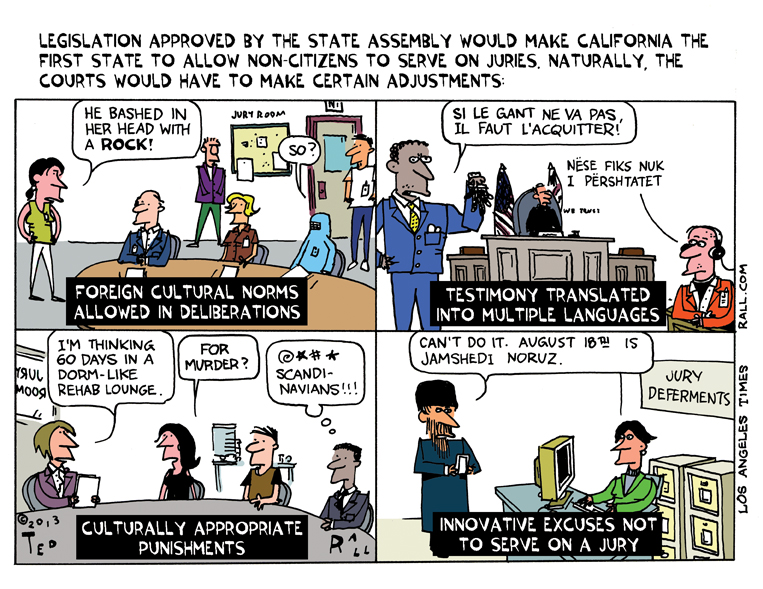Not-So-Secret “Secret Bombings” Have Big Implications
Did Israel bomb Damascus yesterday? Of course it did. According to Syrian rebel sources, 42 Syrian army soldiers were killed. But Israel – following its customary policy – won’t admit it. This has happened before. Usually, Syria doesn’t say anything about Israeli airstrikes. (The Syrian government’s complaint about Sunday’s airstrike is unusual, and thus cause for concern that the civil war might escalate into a regional conflict.)
According to experts, the official silence following not-so-secret secret bombings reflect the fact that even enemies have to cooperate sometimes. If Syria acknowledges that it has been the victim of what international law and anyone with a dictionary defines as an act of war, Syrian citizens and non-Syrians throughout the Muslim world would pressure the government of President Bashar al-Assad into a war it can’t win. Knowing this, the Israelis – who don’t want a war that could unite the fractious Arabs against them and set the Middle East ablaze – let Assad save face. By refusing to confirm or to deny, they quietly gloat over what everyone knows, that they can come and go as they please over Syrian airspace (or fire long-range missiles from Israeli territory, since even the Syrians don’t seem sure what hit them yesterday).
We live in a time that bears out the most dystopian of George Orwell’s predictions, yet even in a world of bluster and BS few news events are as surreal and mind-blowing as a so-called secret bombing. There is, after all, nothing secret about bombs. Especially when they fall into a densely populated metropolis. Certainly the families of those 42 dead soldiers are in the loop.
“Imagine an airstrike on a US weapons depot and no one claims responsibility,” the political cartoonist Kevin Moore tweet-asked. “Would we be so blasé about it?” We would be if we were a weak nation and the attacker was a strong one.
Not that this is a first-time occurrence.
Older readers remember the so-called secret bombing of Cambodia in 1969 and 1970, when President Richard Nixon ordered the carpet bombing of North Vietnamese supply bases in eastern Cambodia and Laos, a violation of international law. It was a sensational scoop for to readers of the New York Times and members of Congress (who hadn’t been informed), but if you were there, there was nothing secretive about the 100,000-plus tons of ordnance dropped in 3800-plus sorties by American B-52s.
Tens of thousands of Cambodians, including many civilians, were killed.
As far as the rest of the world was concerned, however, the bombings were cloaked by a conspiracy of silence. The international media found out about it right away but coverage was scant and tentative. Cambodia’s leader, Prince Norodom Sihanouk, supposedly sent his tacit approval through back channels; for its part, North Vietnam couldn’t say boo because they weren’t supposed to be in Cambodia either.
The US drone war in Pakistan bears similarities to Cambodia, though it features a delicious extra dollop of deception.
As I reported in 2010, the United States isn’t so much occupying Afghanistan as it is using eastern Afghanistan as a staging area to launch drone strikes against tribal areas in western Pakistan. Again we have the ridiculous spectacle of something that couldn’t possibly be less secret – Hellfire missiles streaming out of the sky from buzzing drones circling Pakistani cities in broad daylight and blasting homes and cars – while both the Americans firing the weapons and the Pakistani government whose territory they are landing on officially deny knowing anything about them. Although Pakistani officials either claim helplessness in the face of American military might or condemn the drone strikes outright, thousands of people have died in hundreds of attacks under the Bush and Obama administrations as the result of a brutal quid pro quo: the CIA kills political dissidents and other “enemies of the state” on the Pakistani regime’s hit list in exchange for the privilege of killing “terrorists” it deems a threat. (It recently came out that CIA drone operators fire blindly, without knowing who they’re killing.)
The United States has similar arrangements with Yemen and Somalia.
Oh, and the U.S. doesn’t even officially acknowledge that it has a drone program. It’s classified. If it exists. Even though Obama jokes about it.
I wonder whether the lawyered-up officials who gin up these pssst arrangements worry about the geopolitical implications. For at least 200 years – arguably since the Peace of Westphalia in 1648 – the Western world has been governed on the basis of strictly defined borders. In the postwar era the United Nations has served primarily as an attempt to enshrine the sovereignty of nation-states. At the core of contemporary international law is the doctrine that invading the territory or airspace is an act of war, particularly when the victim is internationally recognized as sovereign. So how does that square with secret bombings?
If Israel can carry out acts of war against Syria with impunity, without suffering any sanction, and if United States can do the same in Pakistan, who is to say which cross-border incursions of the future are acceptable and which are not? If Syria and Pakistan tacitly consent to their territory being bombed, but don’t sign formal agreements to allow it, can they legitimately claim to be sovereign independent states? It seems to me that both the bombers and the victim countries are messing around with issues with huge potential ramifications without thinking them through.
When political leaders wallow in “who are you going to believe, me or your lying eyes” absurdism, citizens roll their eyes and learn to reflexively distrust everything they see and hear from officials and in mainstream media. How, for example, can you take an Israeli government seriously that has had nuclear weapons since the 1970s but refuses to admit it (and sabre-rattles with Iran over its nuclear weapons program, which probably doesn’t exist)? Or a United Nations that refuses to call them to account under nuclear nonproliferation treaties?
The greatest enemy of political stability is alienation. Citizens don’t have to like their leaders to hand them the tacit consent of the governed. But if a regime wants to stay in power, the people have to believe their government more often than not. It can’t be perceived as totally full of crap.
Just ask Mikhail Gorbachev.
Sure, all rules are arbitrary. But once you start breaking your own rules, you undermine the basis of legitimacy for the system you’ve created and hope to perpetuate. If we go back to the basis of nationhood – you have a right to exist if you can carve out borders, defend them, and repel invaders – we unwind the world order that has been in place for nearly half a millennium. Which may be for the better. But it’s probably something that we should all discuss.
In the open.
(Ted Rall’s website is tedrall.com. His book “After We Kill You, We Will Welcome You Back As Honored Guests: Unembedded in Afghanistan” will be released in November by Farrar, Straus & Giroux.)
COPYRIGHT 2013 TED RALL











